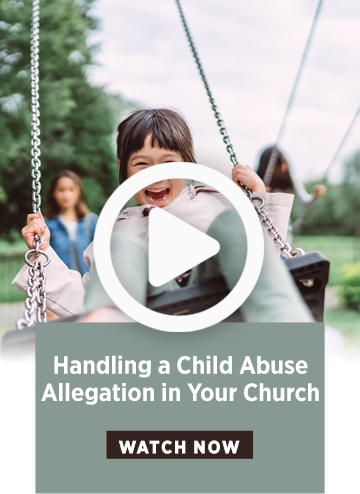Key point 8-07.2. All states have enacted workers compensation laws to provide benefits to employees who are injured or become ill in the course of their employment. Benefits generally are financed through insurance premiums paid by employers. Churches are subject to workers compensation laws in most states.
A federal appeals court ruled that an employee was not engaged in work-related activities while commuting, even though she was taking her employer’s computer backup computer disks home for safekeeping, and therefore she was not eligible for workers’ compensation benefits as a result of injuries she sustained in an accident. Workers’ compensation laws have been enacted in all 50 states. These laws provide compensation to employees as a result of job-related injuries and illnesses. The amount of compensation is determined by law and generally is based upon the nature and extent of the employee’s disability. In exchange for such benefits, employees give up the right to sue an employer directly. Fault is irrelevant under workers’ compensation laws. The only inquiries are (1) did an employment relationship exist; (2) did the injury occur during the course of employment; and (3) what were the nature and extent of the injuries? Typically, employers purchase insurance to cover the costs of workers’ compensation benefits.
A question that sometimes arises is the application of workers’ compensation laws to employee injuries that occur when an employee is commuting to or from work. Consider a recent case. An employee of a law firm was responsible for taking the firm’s backup computer disk home each workday for safekeeping. She also regularly did some work at home for the firm. One evening, after working a full day on the job, the employee was severely injured in an auto accident. She later filed for benefits under the firm’s workers’ compensation insurance policy.
The insurer initially denied the employee’s workers’ compensation claim on the ground that her injury did not occur during the course of employment. The employee thereafter sued the insurer for its “bad faith” in rejecting her claim.
A federal appeals court dismissed the employee’s bad faith claim on the basis of the so-called “dual purpose” test, which it defined as follows: “If the work assignment made the travel necessary, the worker is in the scope of employment, but if the trip would have occurred anyway, the travel is personal and not in the scope of employment. The fact that the employee had finished her normal workday, and was heading home, provided an arguable basis for the application of the dual purpose test,” precluding the employee’s bad faith claim.
What This Means For Churches:
A number of legal and tax issues are associated with commuting. These include: (1) is an injury to an employee compensable under workers’ compensation; (2) is the church liable for injuries caused by an employee in the process of commuting to or from work; (3) is a church required to compensate employees (including overtime pay, if applicable), for time spent commuting; (4) are transportation expenses incurred while commuting a business expense that is deductible on the employee’s income tax return, or is that reimbursable by the church under an accountable reimbursement plan? The answer to these questions may depend on whether the employee is engaged in work-related activities while commuting.
This case illustrates an important point. Church employees who are asked to perform a work-related task while commuting to or from work, and who are injured during their commute, are not necessarily in the “course of employment”—and as a result may not be covered by the church’s workers’ compensation policy. Work-related tasks include taking items home for safekeeping, but may also include using a cell phone for work-related business if allowed by law. This case suggests that employees are not engaged in their employment when commuting, regardless of what work related duties they may be performing, since they would have to commute whether engaged in work-related activities or not. Hill v. State Farm Insurance, 2011 WL 1304908 (5th Cir. 2011).
This Recent Development first appeared in Church Law and Tax Report, March/April 2012.




